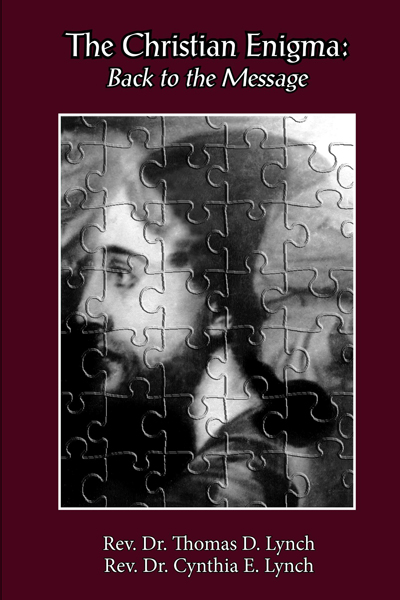The spiritual Brain: Science and Religious Experience
Human beings appear to have spiritual brains-brains that are capable of feeling deeply connected to something greater that themselves and that can develop intense beliefs about religion and God. The human brain can engage in practices such as prayer or meditation that result in powerful spiritual experiences that have been described in every tradition and society. Spirituality also appears to have positive, and sometimes negative, effects on people’s mental and physical health. Spiritual practices, beliefs, and phenomena are expressed and experienced in all kinds of ways, but no matter how human beings are spiritual, modern neuroscience can offer new insights into the meaning and nature of spirituality.
This set of 24 lectures examines the fascinating relationship between the human brain and spirituality. Relying on the latest theories and research from neuroscience, psychology, and other behavioral sciences, each lecture in this course addresses provocative questions about human spirituality.
After an introductory lecture that sets the stage for the course, the lectures examine what is known about all aspects of spiritual phenomena, including the study of practices such as prayer or meditation, spiritual development, the differences between atheists and believers, the effects of spirituality and religion on health and well-being, the nature of near-death experiences, the human urge to create myths and rituals, and the biological correlates of specific religious ideas such as revelation. The final lectures examine some of the most fascinating philosophical and theological implications of the field of scholarship that is sometimes referred to as neurotheology-the study of how the brain and spirituality are linked.
In this course, you will learn about many of the latest brain-imaging studies of different spiritual practices that peer into the brain during intense prayer, meditation, or speaking in tongues. You will explore how the effects of these different practices change not only the brain, but the body as well. In addition, you will consider how spiritual and religious beliefs might affect mental health as well as physical health. You will also consider the reverse relationship, in which patients with disorders such as seizures or schizophrenia manifest strong and sometimes bizarre religious experiences. Along the way, you will learn about a wide variety of religious experiences, ranging from the basic rituals to the most profound mystical experiences.
As this course addresses many mysteries of spirituality, you will learn about how neuroscientists are beginning to study these phenomena and why certain questions about spiritual thoughts emotions, and behaviors have been particularly difficult to evaluate using scientific methods. You will also learn that many popular and widely held explanations for human spiritual behaviors are far more complicated when you begin to incorporate a scientific perspective as well as a spiritual one.
In the process of discussion the spiritual brain, you will ultimately consider the implications for religion, philosophy, and theology. Thus, you can consider how the spiritual brain addresses some of the big questions about why human beings exist, what the nature of truth is, and how people ca know what is really real.
Drawing upon the latest research linking modern neuroscience and spirituality, this course shines a light into the deepest parts of the human ,ind and spirit, giving you deep insights into why people believe what they do and revealing the fascinating relationship between the universal spiritual urge and the intricate workings of the human brain.
24 Lectures/30 minutes per lecture
- A new perspective on ancient questions
- Why do we have a spiritual brain?
- Brian function and religion
- How does science study religion?
- Believers and Atheists
- Spiritual development
- The myth-making brain
- The brain and religious rituals
- The biology of spiritual practices
- Religion and health
- Religion and mental health
- Religion and brain dysfunction
- Transmitters to God
- Stimulated states and religious experiences
- Near-death experiences and the brain
- The believing brain
- The brain’s influence of religious ideas
- Revelation, salvation, and the brain
- The brain’s influence on religious behavior
- How the brain changes god
- How God changes the brain
- Why God won’t go away
- The mystical mind
- Reality and Beyond

